World Opera Project
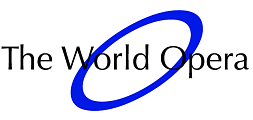
The World Opera Project is a distributed, real-time live opera performance planned to take place simultaneously in several Canadian, U.S. and European cities.
At the Shared Reality Lab, we ran a series of experiments examining:
- how audio and video transmission delays affect the emotional connection between singers,
- the strategies singers use to compensate for these delays,
- and the effect of orchestra placement on the resulting performance.
Experiments and Findings
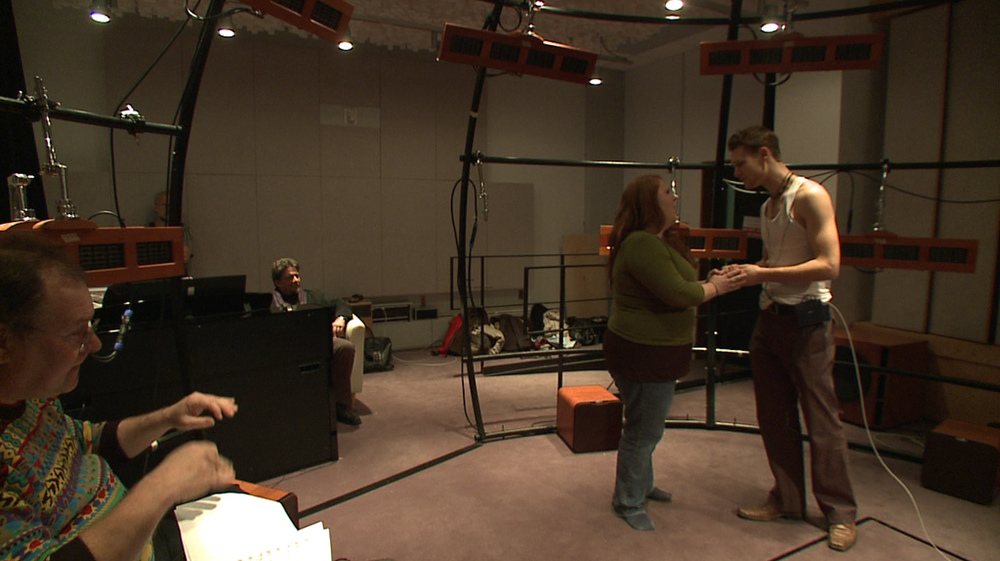
The experiments were a collective effort of our lab in collaboration with Niels Windfeld Lund (University of Tromsø), the project founder.
Results showed that delay conditions often caused undesired tempo changes, but rehearsal could help mitigate this. The conductor played an important role in maintaining musical flow, preventing singers or the pianist from following each other—which would otherwise cause progressive tempo reduction.
However, the difficulty in judging delay effects prevented conductors from making expressive corrections. Both conductor and pianist concluded that their best latency-coping strategy was to ignore the singers’ audio feed. As the conductor put it: “I do not correct because I can’t judge.”
Singers’ sense of emotional connection was more influenced by their familiarity with the technology than by latency itself. Over time, distraction from camera-monitor mediation decreased and emotional connection increased.
Publication
- Olmos, A., Brulé, M., Bouillot, N., Benovoy, M., Blum, J., Sun, H., Lund, N.W., and Cooperstock, J.R. (2009).
Exploring the role of latency and orchestra placement on the networked performance of a distributed opera.
12th Annual International Workshop on Presence, Los Angeles, Nov. 11-13, 2009.
Experiments in Video Display (Bang & Olufsen)
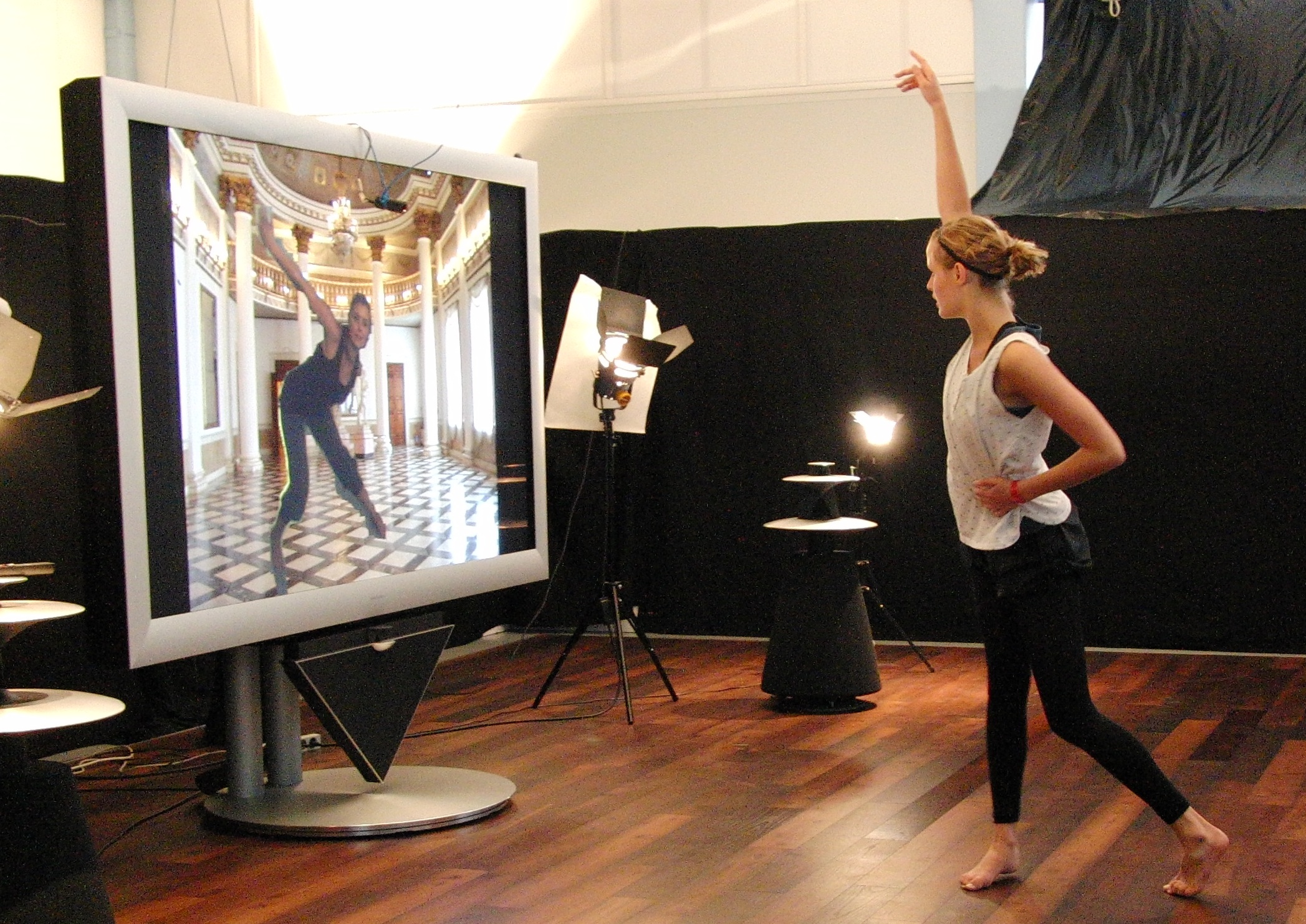
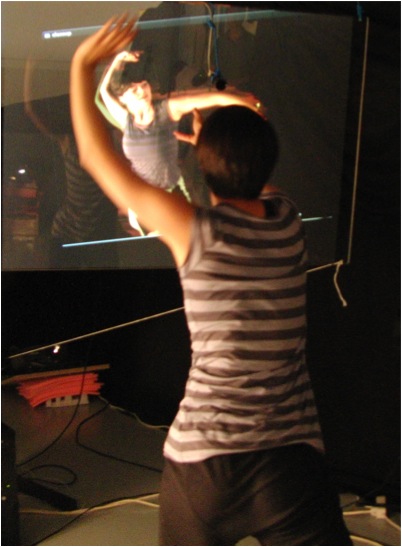
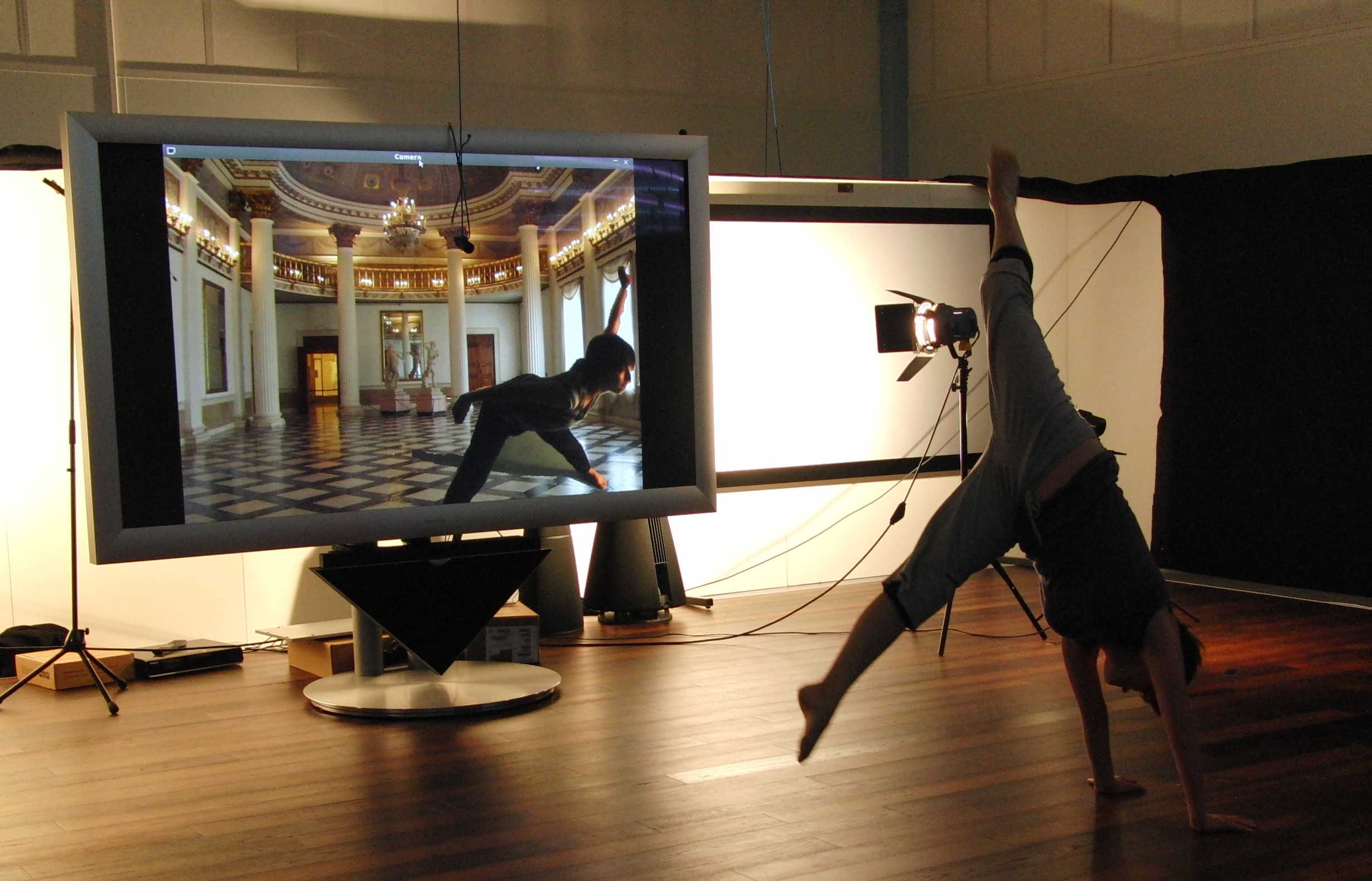
McGill researchers continued World Opera experiments at Bang & Olufsen, evaluating display technologies for stage performance:
- conventional video projection,
- Bang & Olufsen’s 103″ plasma display,
- and DNP’s Holo screen.
These were tested with dancers interacting across two rooms.
Video segmentation under challenging lighting remains an active research area.
Publication
- Cooperstock, J.R. (2011).
Multimodal Telepresence Systems: Supporting Demanding Collaborative Human Activities.
IEEE Signal Processing Magazine, Special Issue on Immersive Communications, 28(1): 77–86.
La Traviata in Cyberspace
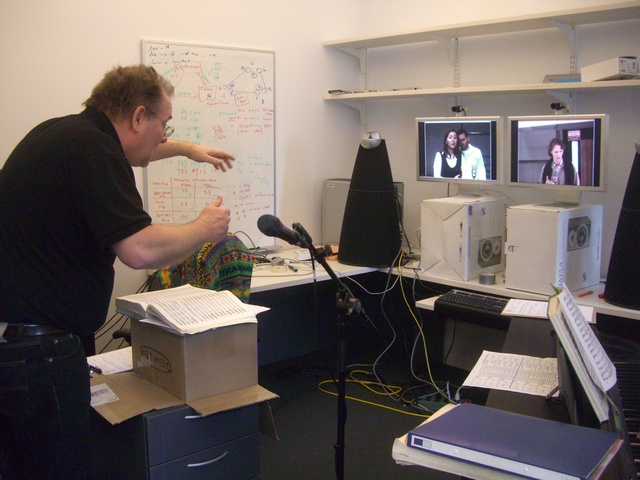
Can opera be performed if singers are on different stages in different time zones and countries?
This is the core question of the World Opera Project: a worldwide opera house in cyberspace.
Opera, unlike instrumental music, demands that singers convey emotional tension—difficult when conductor, orchestra, and singers are in different cities.
The McGill experiment tested limits of singers’ delay tolerance, conductor compensation, and the role of orchestra placement in synchronization. Vocalists from McGill’s voice program performed in separate rooms, with acclaimed conductor Niels Muus and pianist Michael McMahon. Video/audio feeds simulated cross-country and global latencies.
These experiments were a collaboration between McGill (CIM + CIRMMT) and the University of Tromsø, initiated by the International World Opera association, funded in part by the Norwegian Research Council.
Media Coverage
- Montreal Gazette, Feb. 20, 2009
- Radio-Canada, Feb. 25, 2009